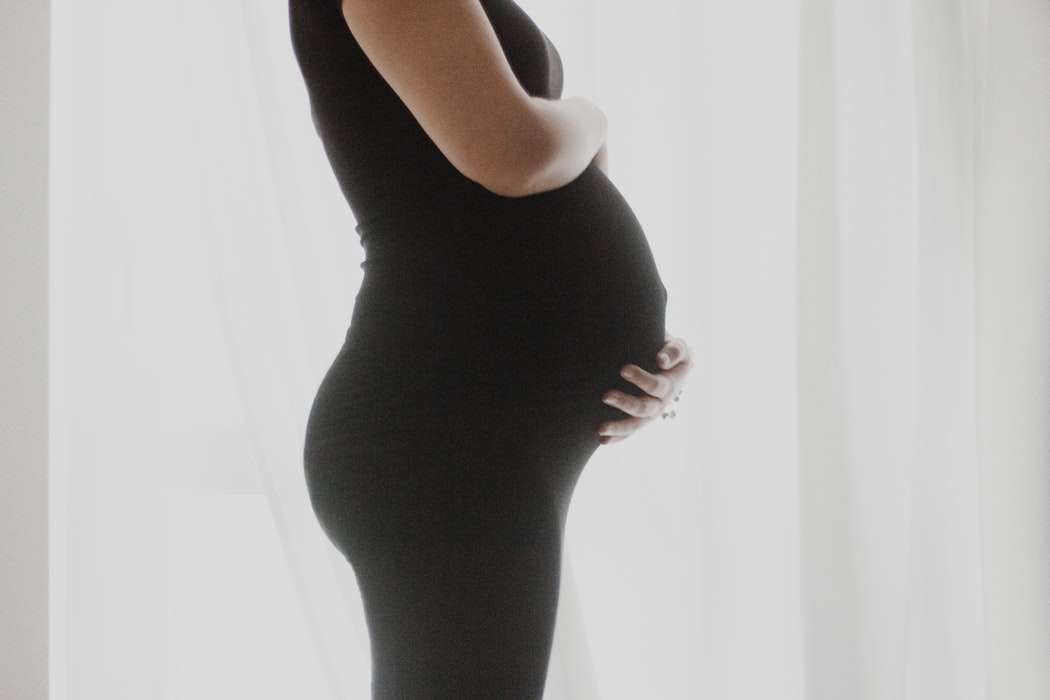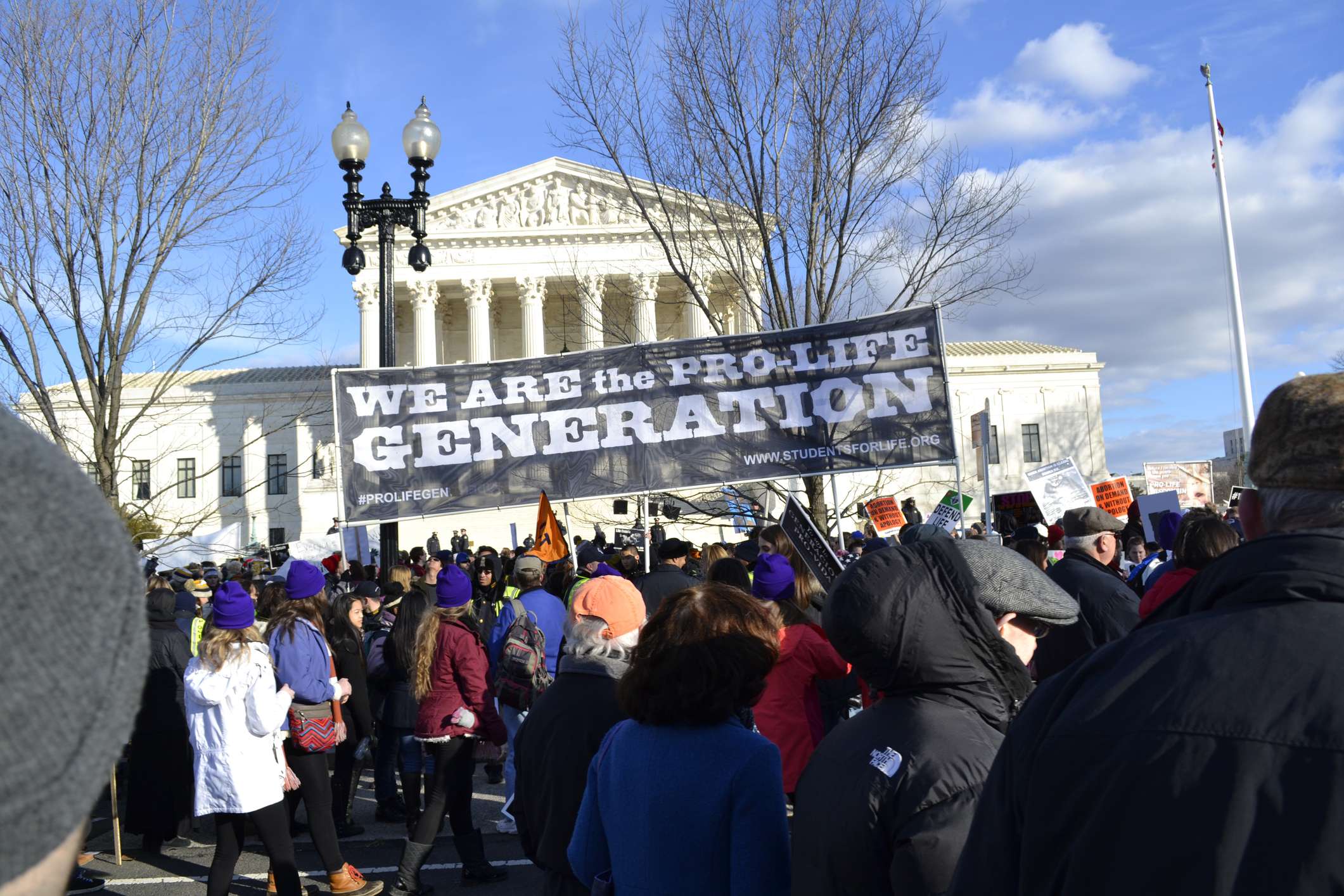
Dr. Priscilla Coleman, a professor of human development and family studies at Bowling Green State University, has spoken out against the deeply flawed Turnaway Study now that the findings have been published in a book. Initially released by Advancing New Standards in Reproductive Health (ANSIRH), a pro-choice research group, the Turnaway Study was hailed as a “groundbreaking” analysis of post-abortive women. According to Coleman, the study’s claim that 95% of women do not regret their abortions is based on “highly problematic” methodology.
While its authors described the Turnaway Study as “the first study to rigorously examine the effects of receiving versus being denied a wanted abortion on women and their children,” Coleman has noted several serious flaws with the data. Coleman has testified numerous times before state legislatures about abortion and mental health issues, and the extensive research she has done on this topic makes her a qualified expert.
“In any other field, you wouldn’t be able to publish this stuff,” Coleman told the Catholic News Agency. She then said that the only reason the Turnaway Study results have been given any credence is because its findings are “politically correct.”
So how misleading is the research behind the Turnaway Study?
A Flawed Sample Size
“Initially, only 37.5% of the women who were invited to participate agreed to participate,” said Coleman. “And then, across the study period, 42% dropped out. So the final results are based on 22% of eligible women.”
The authors behind the Turnaway Study also put women who may have had abortions at different points in their pregnancies in the same research group. Further analysis of the study revealed that 413 women had abortions near the end of the second trimester and only 254 women who aborted their pregnancies in the first trimester.
These delineations, as Coleman pointed out, were not clearly addressed by the study’s authors. This severely complicates the researchers’ conclusion, as the gestational age when participants had abortions is disproportionate.
Ignoring Academic Research on Post-Abortion Regret
In 2011, Coleman combined the results of 22 studies and found post-abortive women are 81 percent more likely to experience mental health problems than women who have not had an abortion. The multiple-study analysis conducted by Coleman included data on 877,181 women from six different countries, and the numbers were collected between 1995 and 2009.
Coleman found that anxiety rates were 34 percent higher among post-abortive women compared to women who carried to term. Women who had abortions had a 37 percent higher rate of depression than non-abortive women and a 110 percent higher rate of alcohol use. Marijuana use was 230 percent higher in women who aborted, and alarmingly, suicidal behavior was 155 percent higher.
Yet, Diana Greene Foster – the principal investigator for the Turnaway Study – and the rest of her team ignored other academic research results on post-abortion stress. Coleman believes this is because most peer-reviewed scientific articles agree a significant percentage of women are at risk for regretting their abortions.
“Not every woman’s going to regret her abortion or have mental health problems, but there’s an increased risk. And so that’s something women have a right to know about prior to undergoing the procedure,” Coleman said.
Furthermore, the developmental psychologist stated, “There are hundreds of studies, and if (women seeking abortions) are only given the results of the Turnaway Study, they’re not being informed, they’re being misled. And that’s problematic in my view.”
Share this post
Recent Posts

National Celebrate Life Weekend Dominates D.C.: Just Look at the Coverage
01 Jul 2025
The Pro-Life Generation REACTS: “Big, Beautiful” Budget Bill Vote One Step Closer to Defunding Planned Parenthood & ALL Abortion Vendors
01 Jul 2025
News: FIVE Lawmakers Recognized for Defending Life
30 Jun 2025
